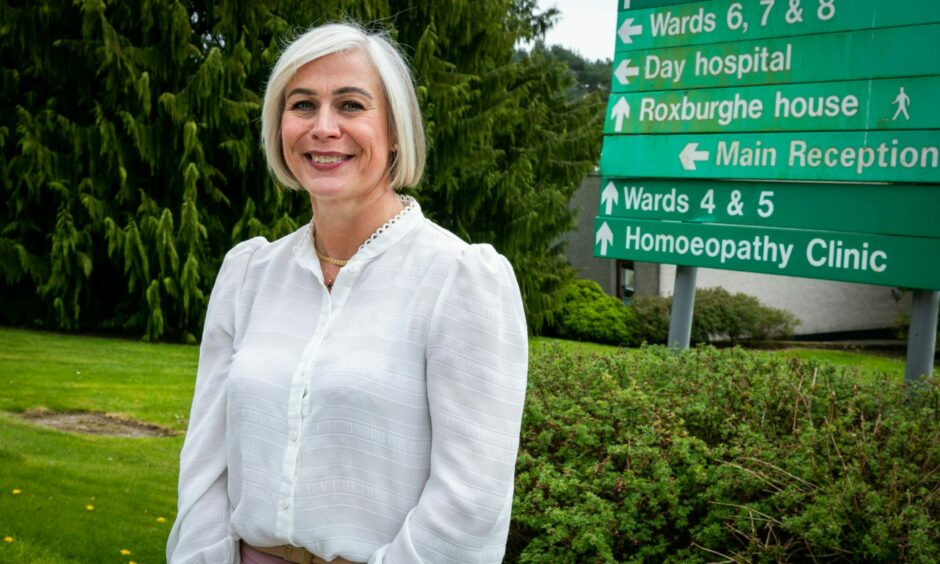
As part of our focus on International Day of the Midwife 2023, we talked to midwives working for NHS Tayside about their roles in helping women through pregnancy and why they love their jobs.
We spoke to three midwives in Dundee about their profession.
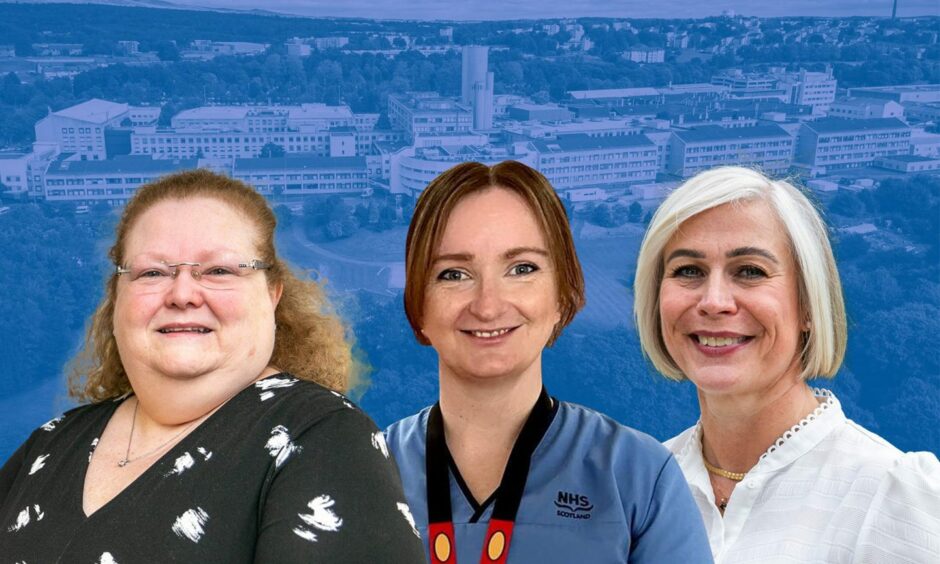 Justine Anderson, 49, qualified as a midwife in 2003 and has enjoyed a varied career.
Justine Anderson, 49, qualified as a midwife in 2003 and has enjoyed a varied career.
She mainly working in the labour ward until five years ago when she secured the role of Specialist Midwife for Perinatal Mental Health.
Justine covers all of Tayside but is mainly based at Ninewells Hospital in Dundee.
Specialising in the mental health of pregnant women
Justine has always had an interest in the psychological wellbeing of women in pregnancy and how that impacts on the birth of their babies.
She went on to specialise in the mental health of pregnant women.
Justine said: “The last five years I have had this role as a specialist midwife.
“A big part of my role is to support the midwife daily to give proper advice and ensure pregnant women with mental health issues are referred to the appropriate services.
“Sometimes it’s not apparent a woman is becoming unwell until after the birth of her baby.
“I work alongside the perinatal team so if there is a concern about a woman who is becoming unwell after birth, we will see if it’s something our team can help with.
“That help could be psychiatry input, support of a mental health nurse and sometimes we involve psychology as well.
“It’s just about getting the right help for that woman and her family.”
Justine deals specifically with women who have mild to moderate forms of mental illness, such as anxiety related to pregnancy.
She follows them through the course of their pregnancy to make sure they have the right support in place.
“Quite a lot of the anxiety is pertinent to birth,” Justine explained.
“It’s about having conversations with these women who are expressing this anxiety and to let them know it is quite normal for women to feel frightened.”
Fear of childbirth
Tokophobia – fear of childbirth – can be a big issue for women who already have mental health difficulties.
Justine reveals how she can support them: “Explaining to these women how the process works, bringing them to the hospital and meeting the team can help.
“It could just be a case of walking with them around the labour ward or letting them see one of the birthing units.
“Sometimes women come in with these thoughts which are maybe completely off the scale compared to what it is like in real-time.
“For some, they might need more from psychology to support them.
“But for the most part women just need an honest conversation, reassurance, a bit of understanding and patience.”
Justine, who has delivered hundreds of babies, added: “Being a midwife is a satisfying role and to be with a woman and her family at a critical time in her life is a real honour.”
Dealing with women in high-risk pregnancy
Kathleen McCluskey, 58, has been a midwife for over 20 years.
But for the past four years she has been working as a specialist midwife as part of Dundee City Council social work team at Linlathen Resource Centre in Dundee.
Her role involves dealing with high risk pregnant women who have issues with substance or alcohol misuse, learning disabilities or mental health difficulties – anything that affects their ability to parent their child.
Kathleen said: “Every woman I deal with now is high risk which could be due to substance misuse or alcohol.
“We also deal with women who have been trafficked or are experiencing domestic violence.
“It is a specialist post because you do have to have a lot more knowledge and skills than basic midwifery.”
She continued: “I have never come across anybody who is on substances who chose to be.
“They have all got some trauma in their background that has caused them to go down that route.
“Some women have had the most horrendous upbringings.”
A diverse role for midwives
Katthleen said midwifery can be very diverse.
“Some people think that midwives deliver babies and that’s it.
“But specialist midwives are there for a reason because we need to have more knowledge and skills in certain areas to be able to provide the best care and support for women.
“Providing advice and support for other midwives is also part of our role.
“We assess the women and put a plan in place to make sure it is safe for the baby to go home with their mum.
“We also look at whether the baby has to be removed and has to go to kinship care.”
But Kathleen said they continue to work with the mums even if their baby has been removed, as rehab can be offered with continual assessment.
And sometimes some babies can still eventually go home with their mums even if they don’t initially.
She added: “If you can get the women the support they need, enabling them to safely take their baby home, that is the ultimate goal.”
Working in the labour suite
Joanna Fyfe, 41, is a relatively new midwife having been in the post for two years.
She is based at Ninewells Hospital.
The mum-of-two initially worked in triage for nine months.
She then moved to the antenatal/postnatal ward where women admitted during pregnancy are cared for.
Joanna is currently based in the labour suite, where she has worked for the past four months.
She said: “I love triage, which was like an A&E for pregnant women.
“You never know what is going to happen and it can be quite unpredictable.
“But also I enjoy the labour suite side of things. It’s just brilliant.
“It’s a bit of a rollercoaster for the mums and dads coming through, especially first-time parents who don’t know what to expect.
“But it’s my job to reassure them so they can try to enjoy the experience.”
Being a midwife is a special job
“It’s very special job, but you have to keep it in the back of your mind that you also have a huge responsibility.”
Joanna recalls looking after a really anxious mum in hospital who was really terrified of childbirth.
“At the start of my shift she was really tense.
“But by the the end we were chatting away and laughing.
“She just didn’t know what to expect but by the end she was actually enjoying the experience.
“Then she met her lovely baby.”
Joanna, who reckons she has delivered between 80 and 100 babies, added: “I love my job.
“It’s a huge privilege.”
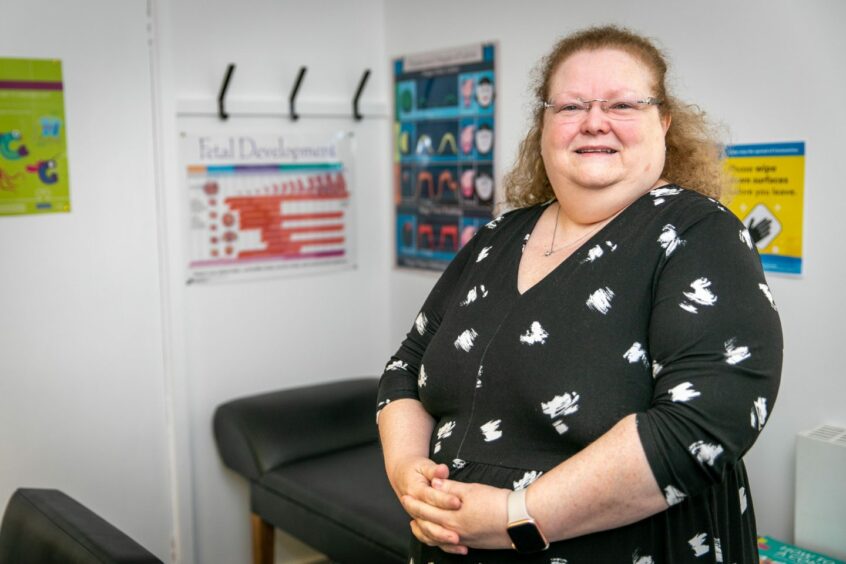
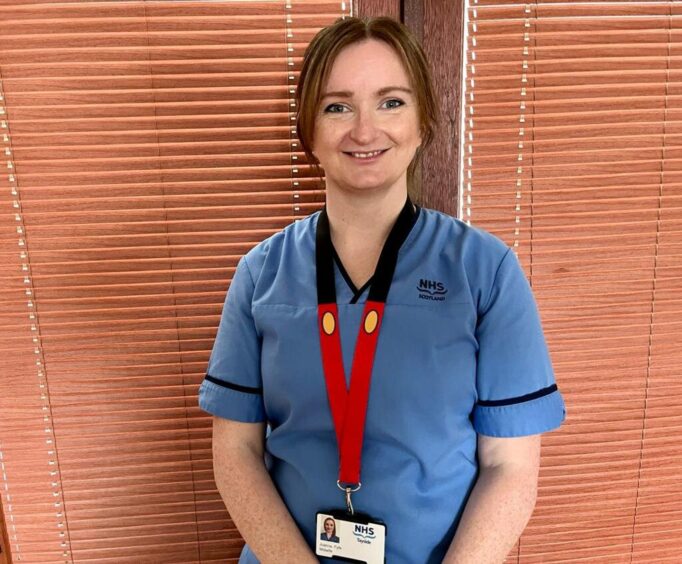
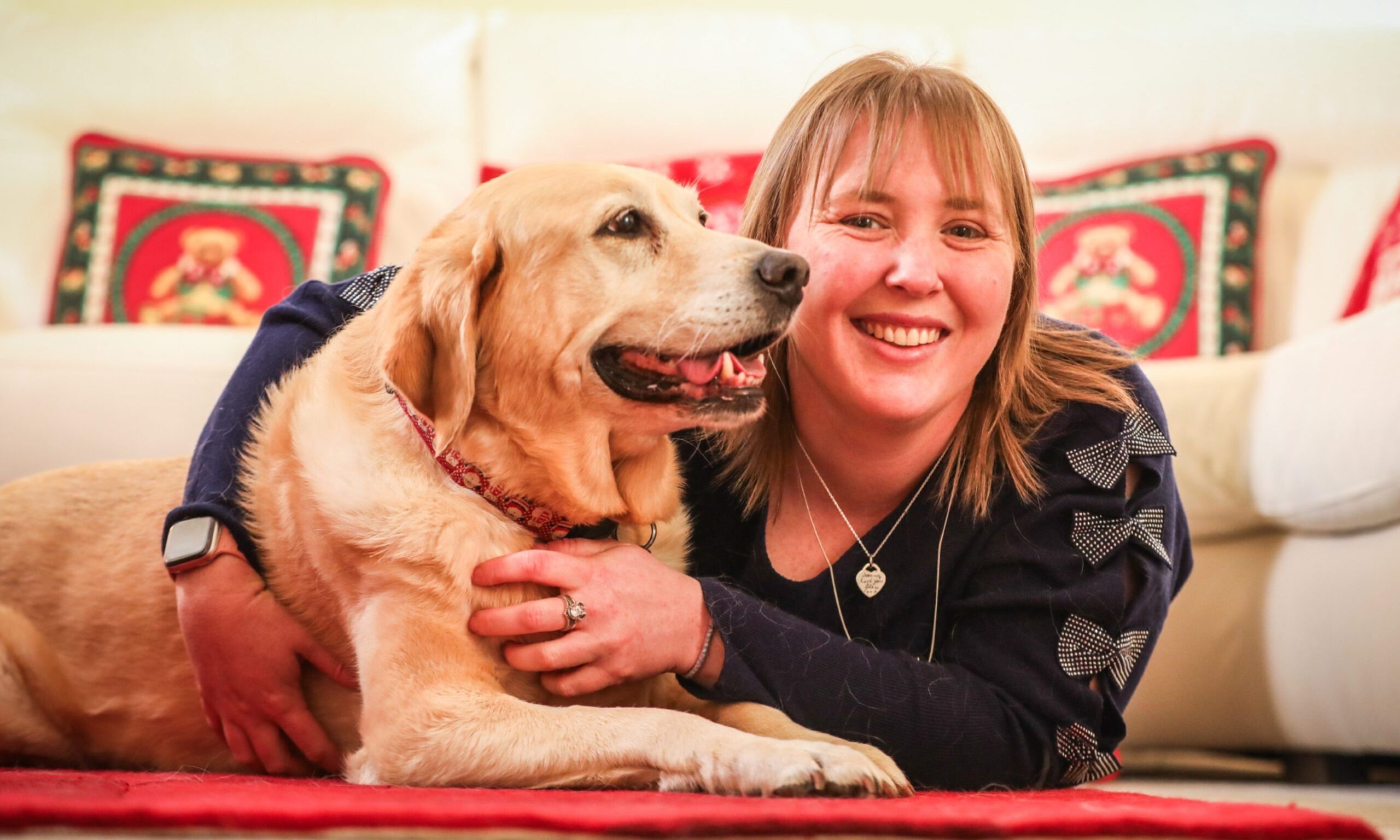
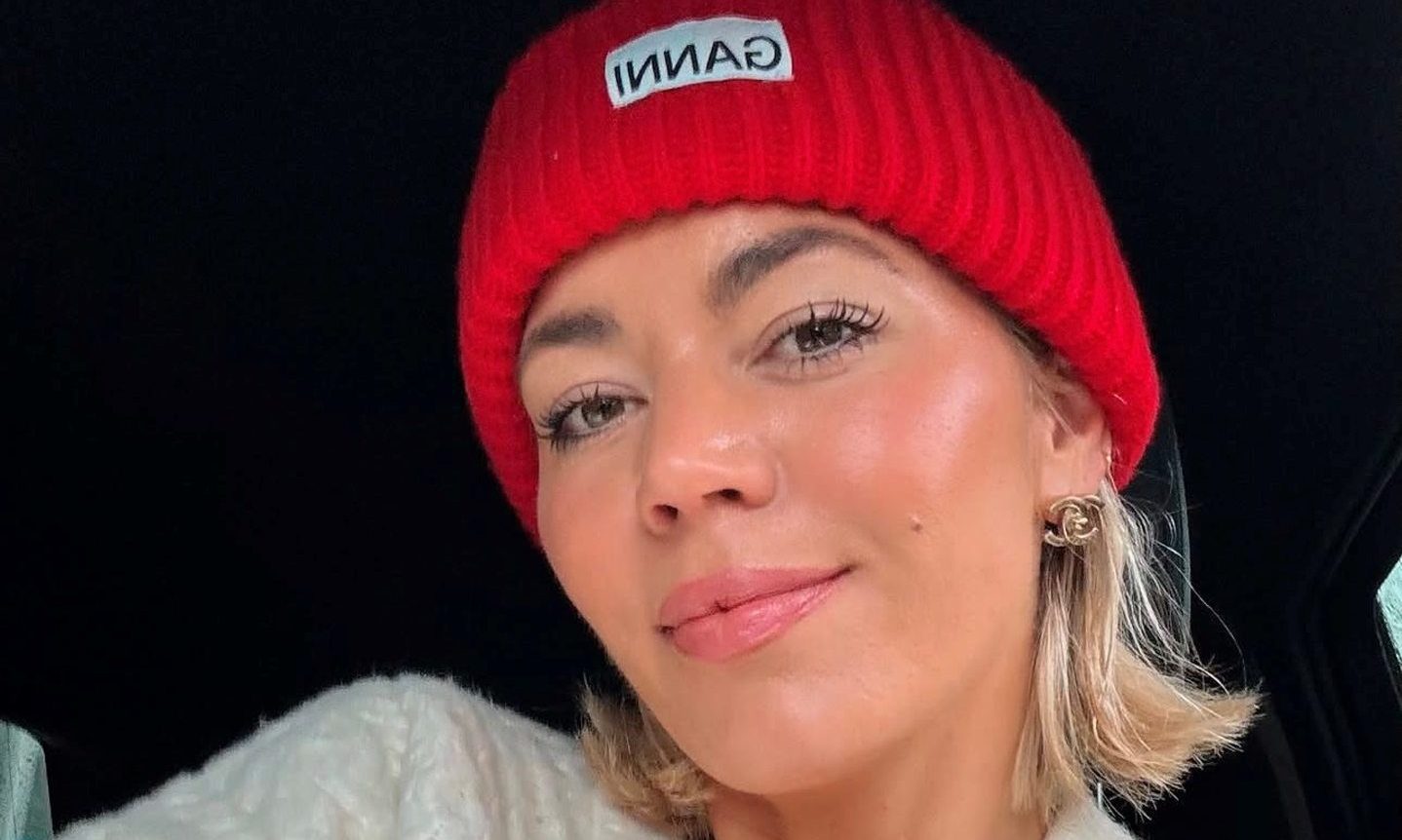
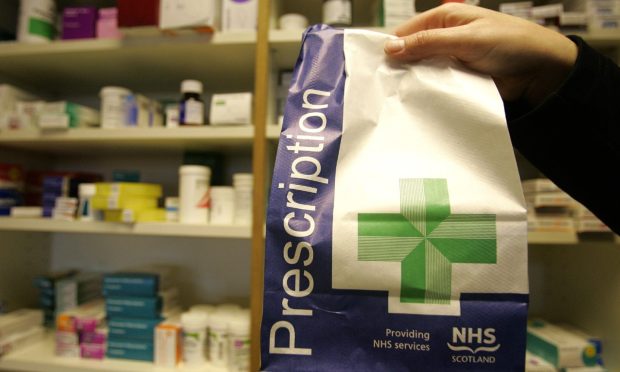
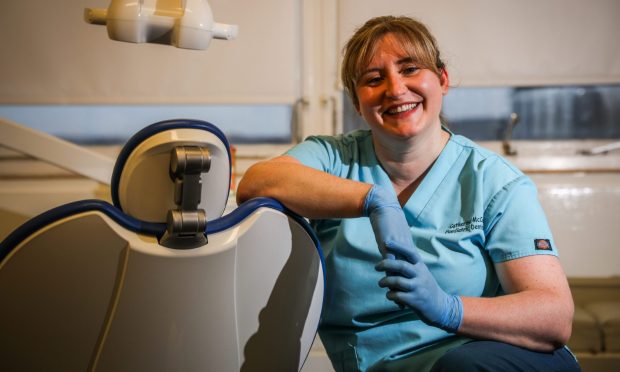


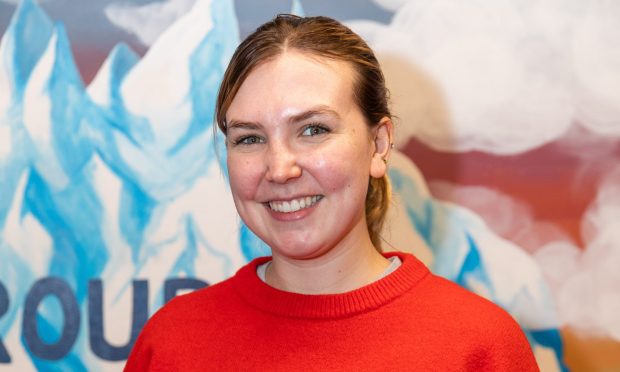
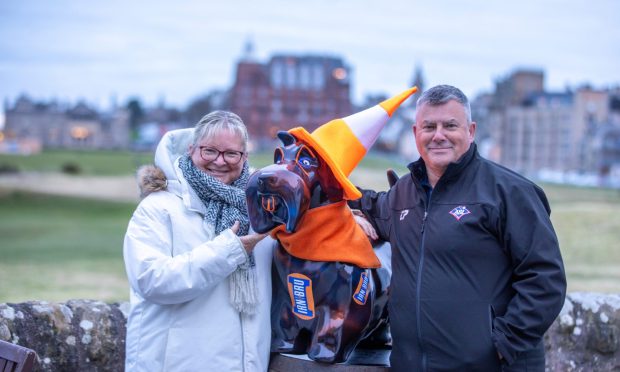

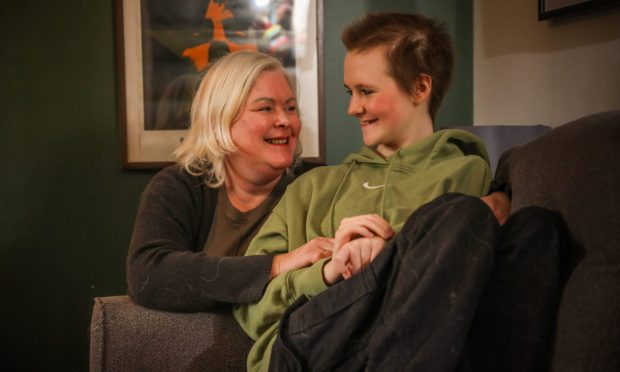
Conversation